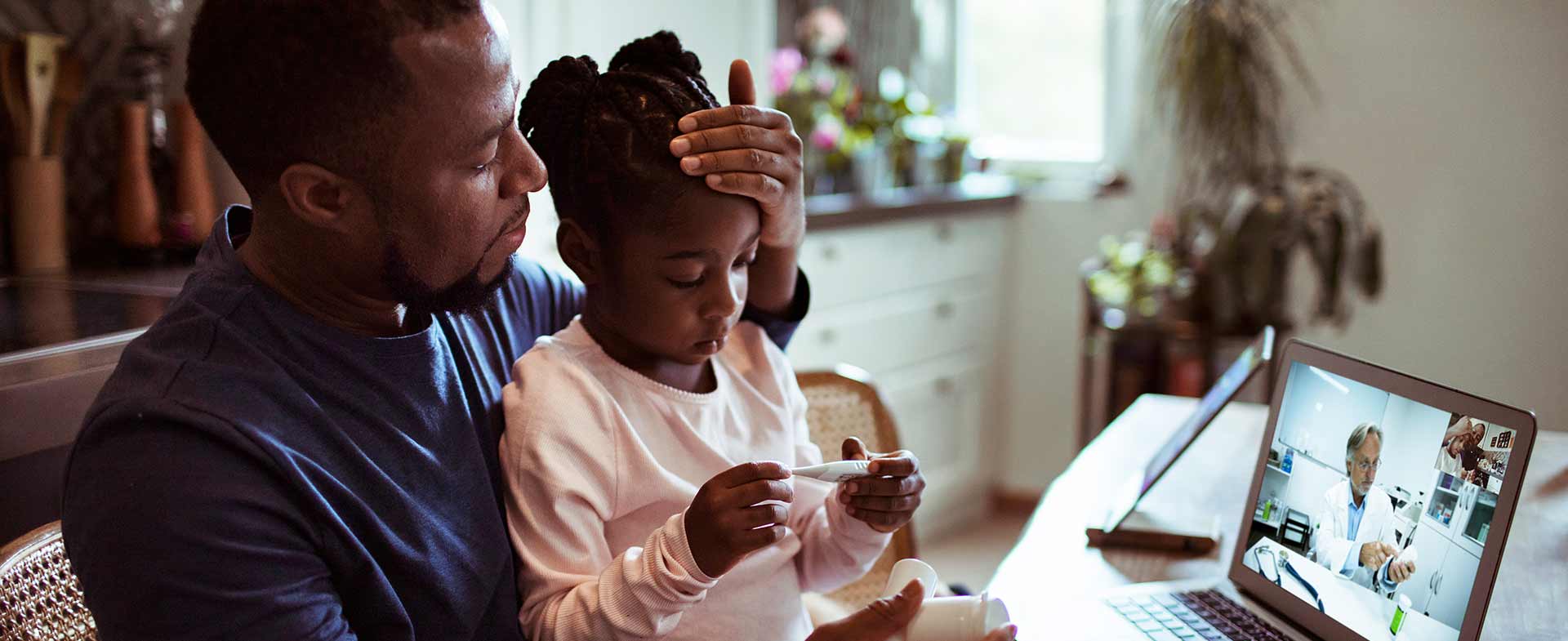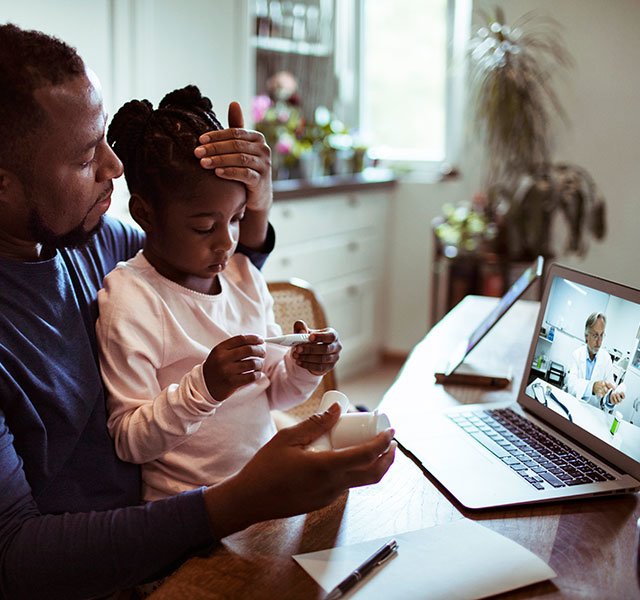When COVID-19 cases first were reported in the United States, hospitals and clinical staffs were tested first-hand with their ability to handle a national health crisis. Over the past year, we have seen how the medical field has persevered – saving lives and adapting treatments as new information emerges, as well as also holding patients’ hands in their last moments and grieving alongside their families. They’ve offered advice and repeated words of caution to keep us safe. And most recently, developing and administering vaccines to help the country eventually reach herd immunity.
In many ways this pandemic has highlighted the teamwork and day-to-day resilience of our frontline workers. We’ve seen how collaboration and medical advancements (and a whole lot of determination) can get things done, from helping people off ventilators to finalizing more than one safe, effective vaccine. But the pandemic also brought to light many other issues in healthcare – specifically the racial and socio-economic disparities in care within our own communities.
We asked health experts to reflect on how healthcare has changed over the last year. What has changed for the better? What lessons have we learned?
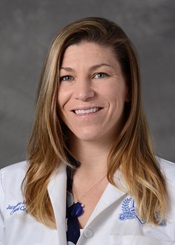 Jacqueline Pflaum-Carlson, M.D., critical care and emergency medicine specialist
Jacqueline Pflaum-Carlson, M.D., critical care and emergency medicine specialist
This is a complicated question with a lot of layers. The most obvious answer is the use of virtual medicine in the ER and on the outpatient side. We were slowly moving towards some forms of virtual medicine before this, but the pandemic expedited that move.
As we found ways to make beds and adjust protocols to accommodate the massive influx of critically ill patients, we learned the healthcare systems were more flexible than we previously believed. We proved that we can make huge changes when we work together and focus our energy and resources into a problem.
Lastly, but most importantly and most tragically, COVID highlighted the disparities in medicine. The disproportionate deaths of black and brown Americans forced large healthcare systems, and the general public, to look more deeply at socio-economic factors of health that have been affecting our populations. I think, and I hope, that this change will be the most impactful and long lasting.
Sean Drake, M.D., internal medicine specialist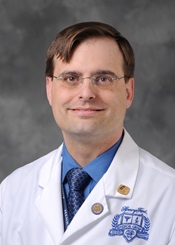
We recognized:
- How quick a virus can spread
- Safety precautions are there so that all of us can do something to help
- Our understanding of an emerging disease evolves over time, thus our recommendations may change over time
But we can do many things with virtual care. I was doing some virtual care prior to COVID-19, but with the pandemic I have seen a lot more interest from patients and other providers on using this. It is a wonderful tool to help in care and management for some conditions when physical exam may not be as necessary.
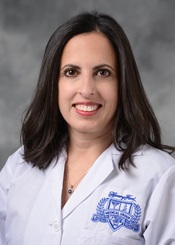 Rana Awdish, M.D., critical care specialist
Rana Awdish, M.D., critical care specialist
I saw in a very vivid and undeniable way, that there are structural inequities that must be systematically named, addressed, dismantled and rebuilt if our communities are to be healthy.
Lamont Jones, M.D., MBA, otolaryngologist
The pandemic has made it clear that health starts with economic and social justice and care starts with a clean room. I hope our culture changes for the better. We can change laws with a simple majority, but cultural change will require much more.
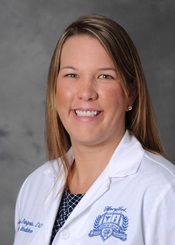 Jennifer Burgess, M.D., family medicine physician
Jennifer Burgess, M.D., family medicine physician
COVID-19 has changed healthcare in ways that will reverberate for years (and possibly forever). Telemedicine was just taking off over the past 3 years, but the pandemic made it a necessity. We had to think outside the box to offer care to our patients without bringing them into the office and potentially exposing us or them to COVID-19. There were still situations when patients had to be seen in the office (i.e newborns), but with telemedicine, those patients were “safer” coming to the office because the waiting rooms were empty.
Courtland Keteyian, M.D., public health and preventive medicine specialist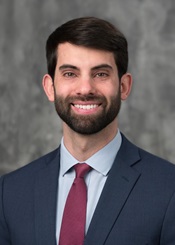
Healthcare is better prepared for any crisis. Many things that seemed like big problems seem much smaller. The pandemic tested our ability to collaborate, adapt, and pushed us to be resilient.
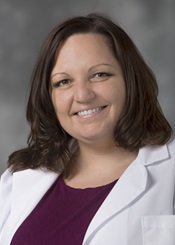 Jennifer Peltzer-Jones, PsyD, psychologist
Jennifer Peltzer-Jones, PsyD, psychologist
I think our collective exposure to the trauma of COVID-19 has lessened the stigma in prioritizing mental health care and has helped promote the equal importance of good mental health along with good physical health. My hope is that the care and attention in building coping strategies (getting some coping "bones" in place) continues for us all.
To find a doctor at Henry Ford, visit henryford.com or call 1-800-HENRYFORD (436-7936).
